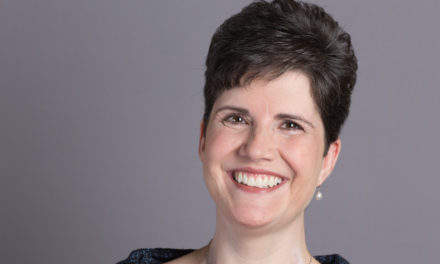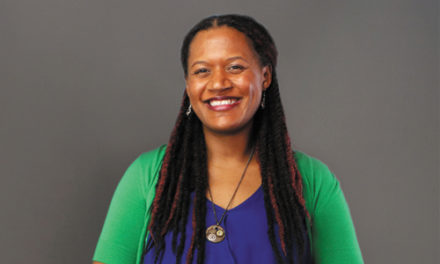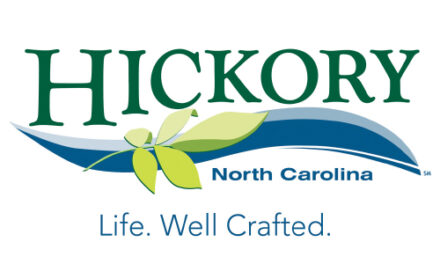Conover, NC – As COVID-19 continues to impact the community, it is more important than ever to plan for a potential health crisis. Having conversations about end of life can be uncomfortable, but planning for the future now can take the stress off family members when a crisis happens. That’s why Carolina Caring offers resources for Advance Care Planning at CarolinaCaring.org/healthcareplanning. Users can download a “Don’t Travel Without a Map Toolkit” designed to help guide them through the process of creating an Advance Directive, and answer frequently asked questions.
This toolkit provides a structured approach for recording important personal and financial information. It helps users clarify their healthcare wishes, organize their preferences and put them in writing, and offers tips for having sensitive discussions with loved ones.
It also offers information about how to complete the two main types of Advance Directives:
Living Will – A legal document that spells out the type of medical care you would like to receive that may prolong your life.
Health Care Power of Attorney – Designates someone to help with healthcare-related matters on your behalf.
While research shows that many people want to make their healthcare wishes and preferences known, only about a third of Americans have participated in Advance Healthcare Planning. However, the process is not nearly as daunting as it may seem. It is not necessary to consult with an attorney to complete an Advance Directive. In fact, many people find the documents to be straightforward and are able to easily complete them on their own with a notary and two witnesses present at the time of signature.
“Advance Directives were developed in the late 1960s to encourage people to have thoughtful conversations about healthcare treatments that may extend life,” says Dave Cook, President and CEO of Carolina Caring. “They have taken on renewed importance amid the COVID-19 crisis, as thousands of people have been forced to make serious health decisions for a loved one due to unexpected complications from the virus. We want to provide a resource to help families have a conversation about advance care planning long before a devastating health crisis occurs.”










